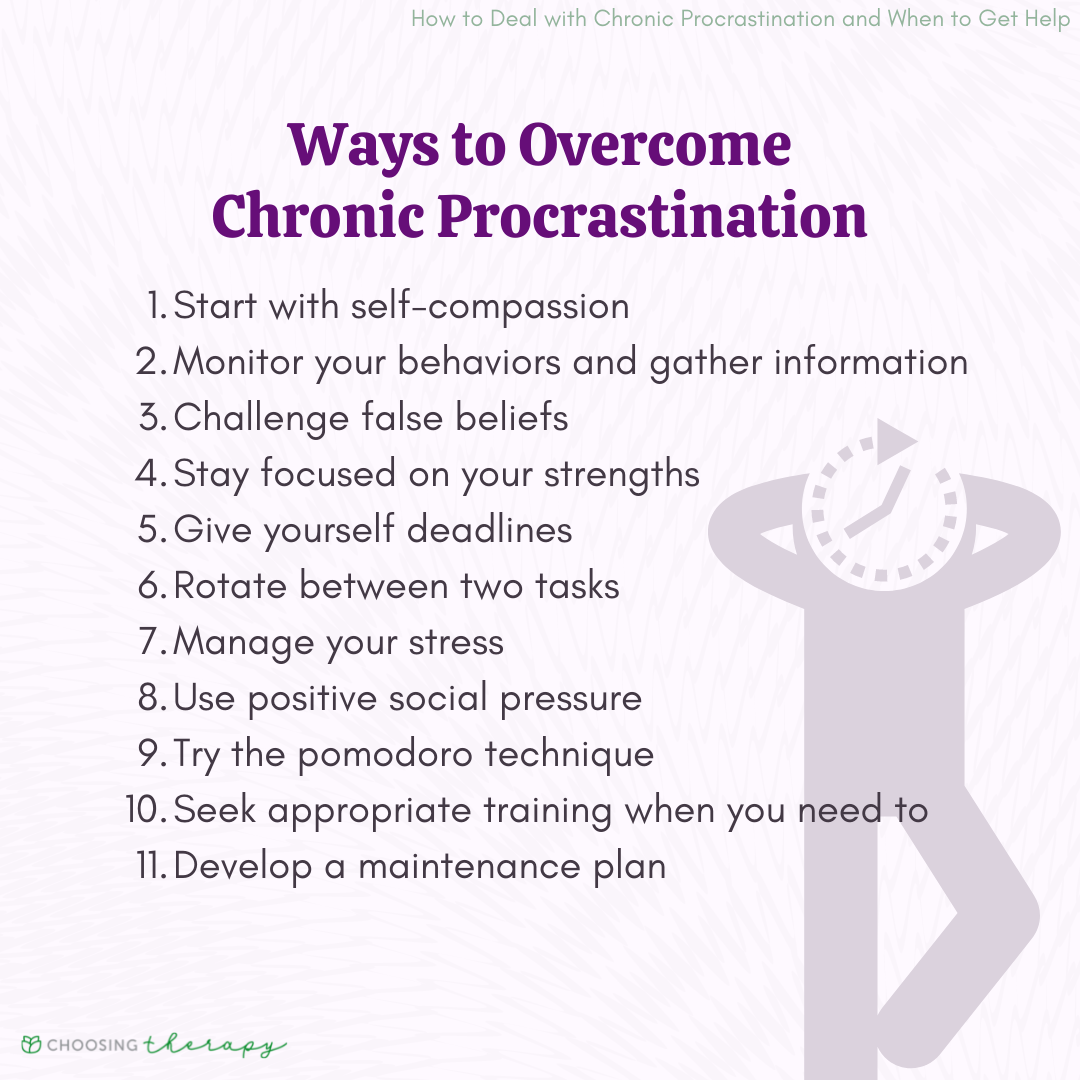Exploring the Consequences of Procrastination, Emotional Dependency, and Impostor Syndrome on Your Well-Being
Exploring the Consequences of Procrastination, Emotional Dependency, and Impostor Syndrome on Your Well-Being
Blog Article
In today's fast-paced world, many individuals struggle with mental and emotional challenges that affect their daily lives. Among these, procrastination, emotional dependency, and sindrome da impostora impostor syndrome stand out as common issues. But how can we overcome them?
This article, we will explore the root causes and strategies to address these three challenges. By understanding their impact and learning to manage them effectively, you can take control of your life.
What is Procrastination?
Procrastination refers to postponing important activities despite knowing their importance. It often stems from fear of failure, lack of motivation, or poor time management.

When procrastination takes over, it can lead to stress, missed opportunities, and reduced productivity. To combat procrastination requires practicing self-discipline and creating actionable plans. Consider techniques like the Pomodoro Technique or focusing on time-bound goals to stay on track.
The Nature of Emotional Dependency
Emotional dependency is a state where a person depends excessively on external relationships to fulfill their emotional needs. Although relationships are fundamental, emotional dependency turns detrimental when self-esteem is tied solely to others’ approval.

Symptoms often include a fear of rejection, difficulty making decisions independently, and constant seeking of external approval. Breaking free from this pattern, it’s crucial to develop self-awareness and cultivate self-reliance. Therapy, mindfulness practices, and journaling can provide significant support.
Recognizing and Managing Impostor Syndrome
Impostor syndrome refers to a psychological phenomenon where someone feels like a fraud despite evident success. Those affected tend to undermine their abilities rather than skill or effort.

Impostor syndrome often results in anxiety, self-doubt, and hesitation to pursue new opportunities. To overcome impostor syndrome involves challenging self-critical beliefs and celebrating accomplishments. Seeking feedback from trusted peers and embracing self-compassion can also help you build confidence.
Steps to Overcome Procrastination, Emotional Dependency, and Impostor Syndrome
To navigate these issues, consider the following strategies:
- Create a routine to combat procrastination and break larger tasks into smaller milestones.
- Recognize triggers that contribute to your emotional reliance and work towards independence.
- Practice gratitude to counter impostor syndrome and consider therapy or coaching.
Consistency is key, so stay committed to these approaches to see positive changes.
Moving Forward from Mental Barriers
Procrastination, emotional dependency, and impostor syndrome may seem daunting, but you can overcome them by taking deliberate action. By understanding their roots and applying effective techniques, you pave the way for a healthier, more fulfilling life.
Take the first step by recognizing these patterns in your life and adopting simple, actionable strategies. Remember: progress is a journey, not a destination.
Report this page